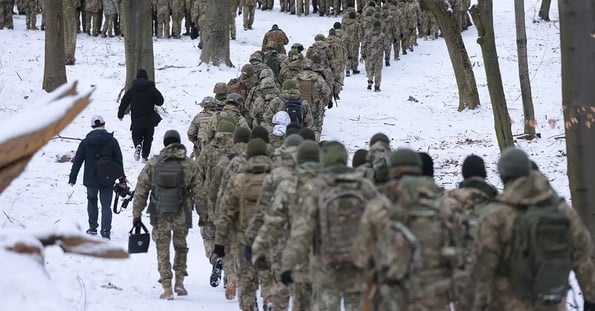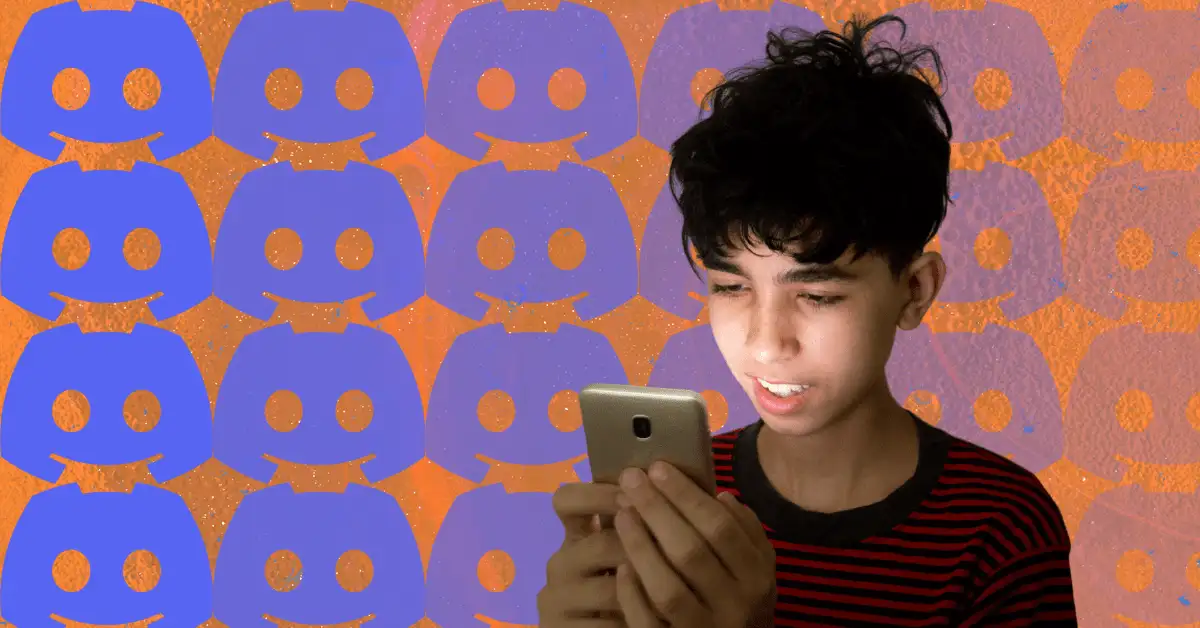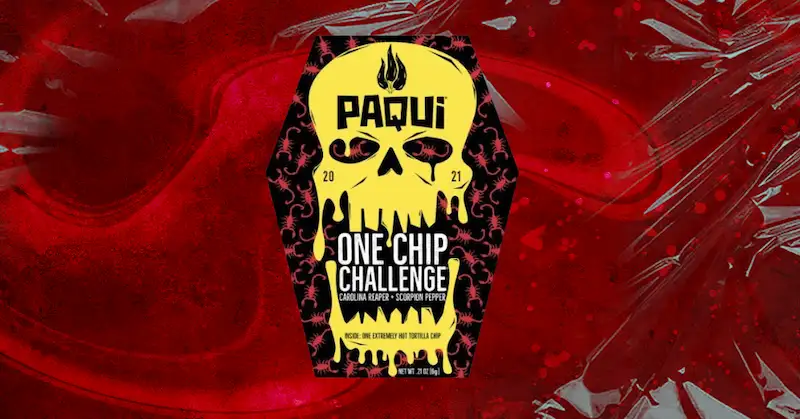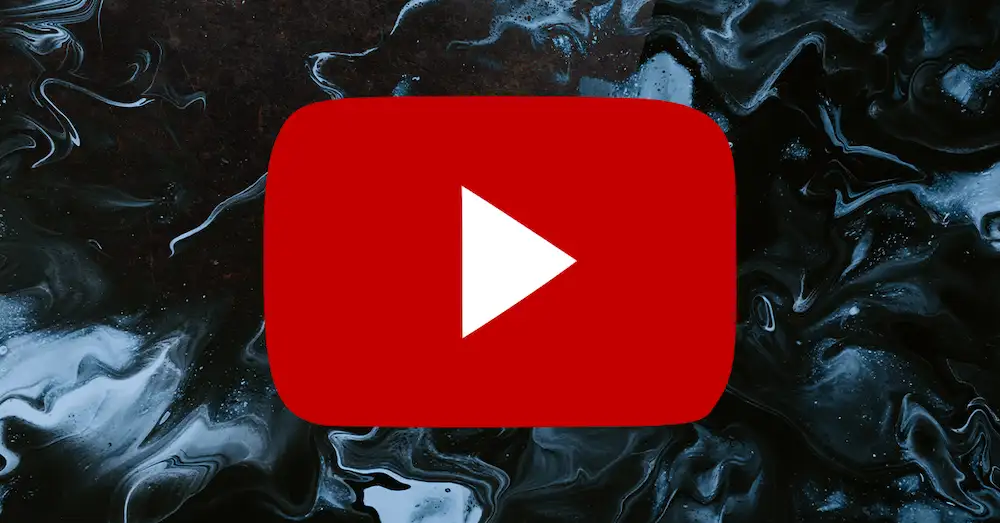In recent years, social media has provided a valuable window into global conflicts.

But as Russia prepared to invade Ukraine, several open-source intelligence analysts and reporters suspected that a Russian bot attack led to the suspension of their Twitter accounts, per Ars Technica.
What is open-source intelligence?
Open-source intelligence (OSINT) is derived from publicly available data, such as satellite imagery, CCTV footage, or images posted to social media.
OSINT communities are often active on Twitter, detailing conflicts in real time and combating misinformation.
“People share footage, geolocate it, try to identify the types of tanks, armed vehicles, that kind of stuff,” OSINT researcher Thomas van Linge told Yahoo! News.
As tensions mounted around Ukraine, researchers were able to look at public railway databases in Russia — since shut down — to see where trains traveled and what they carried, while satellite imagery showed Russian troops assembling at Ukrainian borders, per MarketWatch.
Researchers also determined a briefing between Russian president Vladimir Putin and his security council wasn’t broadcast live, as claimed, after analyzing participants’ wristwatches.
But while this can be valuable intel…
… Twitter suspended several OSINT accounts as Russia’s invasion of Ukraine loomed.
Many users suspected they’d been targeted by Russian bots that reported their content, leading Twitter to automatically remove it. (At the same time, Ukrainian government and financial websites were taken down by cyberattacks, per CNBC.)
Twitter admitted the accounts were suspended by mistake, but claimed no evidence of a bot attack, per The Verge.
Head of Site Integrity Yoel Roth tweeted that “a small number of human errors” — not mass reporting — was the issue.
And the other problem?
Anyone can post to social media, meaning not every post is a carefully vetted piece of information.
According to El País, pro-Russian separatists in Donetsk and Luhansk have shared videos of supposed Ukrainian attacks, which experts doubted as audio had been copied from another video.
And NBC News reporter Scott Budman tweeted that he received a tip about a video depicting a Russian attack — but it turned out to be a video game.











